Best Items for a Short-Term Power Outage
1. Water for one day
During any power outage, it may or may not be safe to use the plumbing at your home. This is especially true for long-term outages, but having a supply of water readily available for the short-term is a good idea as well.
Make sure you have at least one gallon of water per person available with your short-term power outage kit. If you have pets, you should also set aside enough water for them as well.
2. One easy meal and snacks
The food in your refrigerator will stay safe to eat for four hours after the power goes out, as long as it stays cold. That means that as long as the power comes back on in under four hours, you won’t have to throw away all of the perishables in your fridge.
The same rules apply for your freezer, but your frozen foods will stay safe for 48 hours if full or 24 hours if half-full.
With all that said, it is recommended to have some ready-to-eat food available in the event of a power outage. These include canned foods that you can eat without heating and shelf-stable snacks like protein bars. You may also want to include instant coffee or tea bags. You’ll also want to have a plan for your pet that includes backup dry food or cans as well.
3. Medications
If anyone in your household takes prescription medications, they should try not to run low on their medication as much as possible.
Make sure you have at least three days’ worth of each medication available at all times, just in case you don’t have access to a pharmacy when the power is out.
4. Flashlights and lanterns
Keep one high-quality flashlight in your kit for each member of the family. You might also want to store one or two battery-powered camping lanterns in your kit to light up the main room or room of your home. In the event you have to fix something or need both hands for a task, a headlamp may be worth keeping around as well.
5. Cash in small bills
During a power outage, stores and amenities near you probably won’t be able to accept cards or checks. And nearby ATMs may be out of service, too. Instead of traveling further to reach necessities like food, water, and shelter from extreme temperatures, you could pay in cash. It’s best to stash small bills in case a store is out of change.
6. Games and books
You don’t necessarily have to keep these with the rest of your power outage supplies, but they’re good to have around the house in case of a power failure.
Keep a few books around that you haven’t read yet, as well as board games that the whole family can enjoy.
Best Items for a Long-Term Power Outage
Once a power outage crosses the threshold from short-term to long-term (more than 12 hours), you might need extra supplies. That’s where a long-term power outage kit comes in.
7. Two weeks of food and water
The Red Cross recommends stocking your long-term power outage kit with at least two weeks’ worth of food and water. As described above, you should put aside at least one gallon of water per person, per day and choose foods that are shelf-stable and easy to prepare.
8. One or more coolers
If you need to keep something cold such as food or medication, you may want to pick up ice from a nearby store. Fill one or two coolers (inexpensive, Styrofoam coolers work fine) with ice and make sure the items inside are protected from water.
You can also fill your refrigerator and freezer with ice to keep perishable foods safe longer.
9. Extra batteries
We listed flashlights and lanterns as part of your short-term kit, but of course, they’re a crucial part of a long-term power outage kit, too. Make sure you have extra batteries for your flashlights and any other battery-operated devices in your kit.
10. Digital thermometer
Once four hours have elapsed with the power out, the food in your refrigerator will no longer stay at a safe temperature. You can test the temperature of the perishable food inside with a digital, easy-to-read thermometer.
11. Battery-powered or crank radio
Without power, there’s no wi-fi or cable television. So you could be left “in the dark” about what exactly is going on. To stay in communication with the outside world from inside your home, you may want to have a battery-powered or crank AM/FM radio handy.
12. Power banks and car chargers
No one wants to lose the ability to use their devices, even if the Wi-Fi is out. Depending on the scale of the power outage, nearby cell phone towers might still be up and running. And that means you’ll still have access to your cell phone data and the internet.
To keep your devices up and running, you should keep a few (charged) power banks in your power outage kit. You can also keep one or two power adaptors in your car to help charge your devices. But keep in mind that you’ll have to use the car’s gas to avoid killing its battery.
Some car power adaptors even turn your vehicle’s charging ports into a standard outlet, so you can plug in devices without a USB.
13. Outdoor charcoal grill or camp stove
If you have an outdoor charcoal grill, you can use that to cook your food during a power outage. You’ll just need to make sure you have plenty of charcoal on-hand and that you use the grill safely. If you don’t have a grill, you can pick up a small camp stove, instead. Read the directions carefully, and only use the stove outside the home.
14. Important personal documents
If you don’t have a designated place to store your important documents, please make sure to do so. You may want to make copies of important documents, like insurance policies, leases, birth certificates, and medical histories. Keep copies of these important documents with your power outage emergency kit. You should also include a list of emergency contacts with these documents.
Stay prepared and safe!
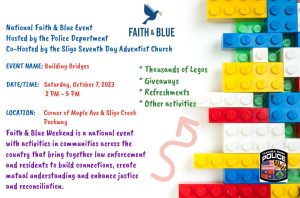
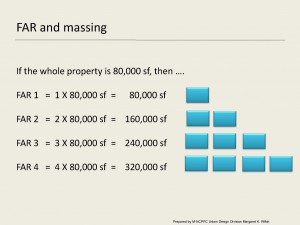
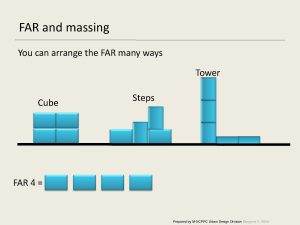
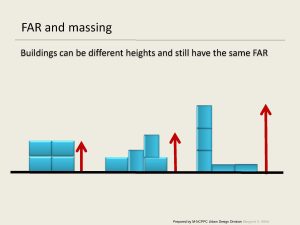
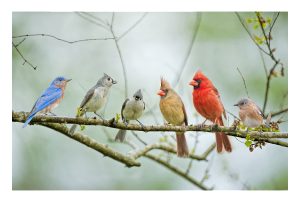 to warblers to owls and eagles and hawks, all birds are threatened by pesticides. A recent study by the Cornell Lab of Ornithology found that over the last 50 years, the United States and Canada have lost more than 3 billion of their birds. That’s a decline of 30 percent, meaning almost one in three birds have vanished since the 1970s. Pesticides are a major reason for this problem.
to warblers to owls and eagles and hawks, all birds are threatened by pesticides. A recent study by the Cornell Lab of Ornithology found that over the last 50 years, the United States and Canada have lost more than 3 billion of their birds. That’s a decline of 30 percent, meaning almost one in three birds have vanished since the 1970s. Pesticides are a major reason for this problem.